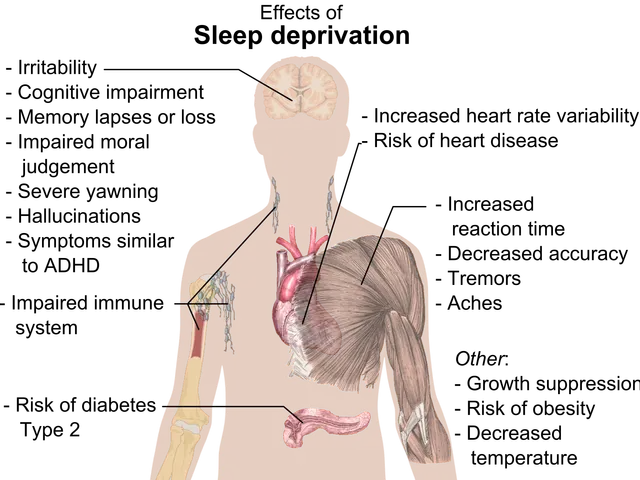Dog Exhibiting Coughing and Gagging: Understanding the Cause
Coughing and gagging in dogs can be distressing for pet owners, but understanding the potential causes can help in providing the appropriate care. Here are some common reasons for these symptoms in dogs.
Common Causes
- Kennel Cough, also known as infectious tracheobronchitis or canine infectious respiratory disease complex (CIRDC), is a highly contagious respiratory infection that causes a dry, honking cough often followed by gagging. It mainly affects puppies and unvaccinated dogs. Treatment can include cough suppressants and antibiotics like doxycycline, with most cases resolving on their own.
- Laryngeal Paralysis occurs mainly in large breeds when the larynx muscles weaken, leading to airway restriction, coughing, and gagging from fluid entering the airway. This may require veterinary intervention depending on severity.
- Airway Inflammation, including bronchitis and pneumonia, causes irritation and swelling in the airways, resulting in coughing and gagging. Pneumonia especially needs prompt veterinary care and antibiotics.
- Gastroesophageal Reflux Disease (GERD) causes acid to back up into the throat, irritating tissues and triggering gagging and coughing. It is often linked to eating habits.
- Heart Disease, such as congestive heart failure, leads to fluid buildup in the lungs, causing coughing and gagging. Heartworm disease is another heart-related cause.
- Tracheal Collapse mostly affects small dogs and causes a characteristic honking cough and gagging, sometimes requiring surgery.
- Allergies can inflame the airways, causing coughing and sneezing, with triggers like pollen, dust, or food. Treatment focuses on controlling allergens and inflammation.
- Foreign Bodies lodged in the throat can cause choking-like coughing and gagging. Immediate veterinary assessment is necessary if obstruction is suspected.
Diagnosis and Treatment
Treatment depends on the underlying cause. Infections like kennel cough often improve with supportive care and sometimes antibiotics; inflammation may require anti-inflammatory drugs; and structural problems might need surgery or specific management. If a dog shows persistent coughing and gagging, veterinary evaluation is important to diagnose and treat appropriately.
X-rays are the most common diagnostic performed for coughing and gagging and can be useful for diagnosing all the conditions we've listed here.
Special Considerations
Heart disease should be a consideration in older dogs who are coughing and gagging, especially if they're coughing and gagging at night. Chronic bronchitis may be caused by allergies, damage from parasites (like heartworms), secondhand smoke, and other environmental factors.
Prevention
To prevent coughing and gagging in dogs, keep your dog up to date on their vaccinations, keep your dog on year-round parasite prevention, don't smoke inside the house with your dog, and for dogs with tracheal collapse, use a chest harness rather than a collar around the neck.
Remember, if your dog exhibits any signs of coughing up fluid or blood, lethargy, weakness, sudden collapse, bluish tint to the mucous membranes, increased respiratory effort or difficulty breathing, neurologic signs, like twitching or seizures, seek emergency attention immediately.
This guide provides a general overview of common causes of coughing and gagging in dogs. For specific concerns, always consult with a veterinarian.
- The medical-condition known as Kennel Cough, a highly contagious respiratory infection, is a common cause of coughing and gagging in dogs, requiring potential treatment with cough suppressants and antibiotics.
- In addition to respiratory conditions, mental-health issues like chronic bronchitis might also be a contributing factor to persistent coughing and gagging in dogs, with environmental factors, like allergies or secondhand smoke, often playing a role.





